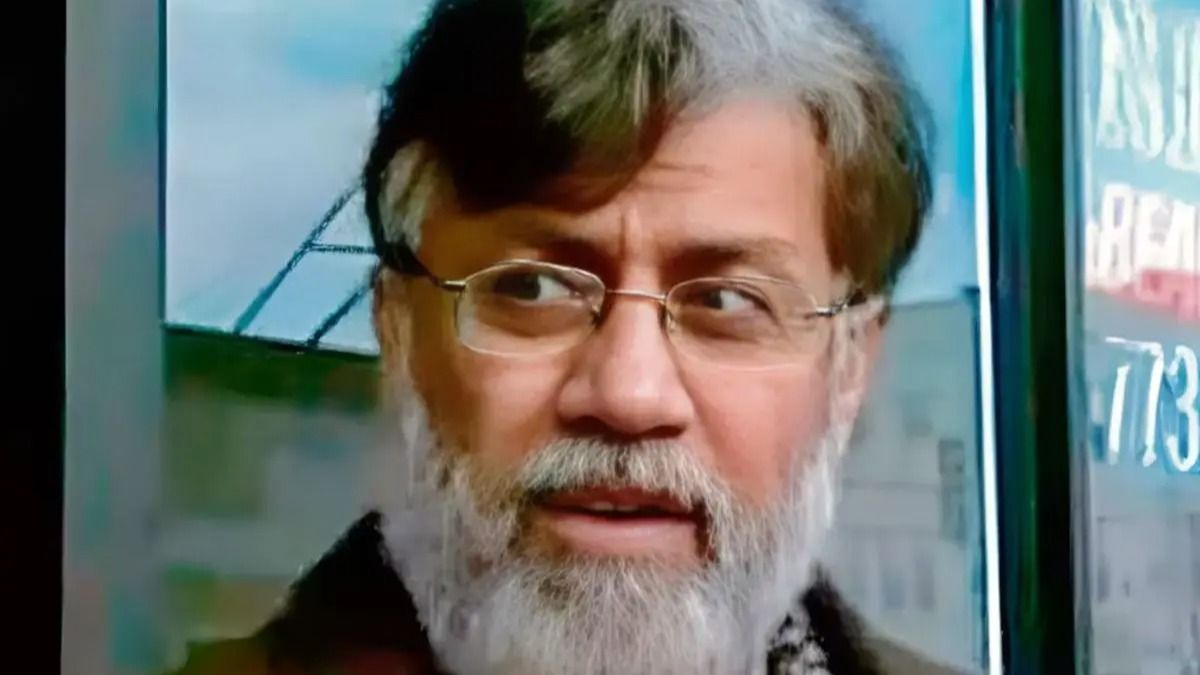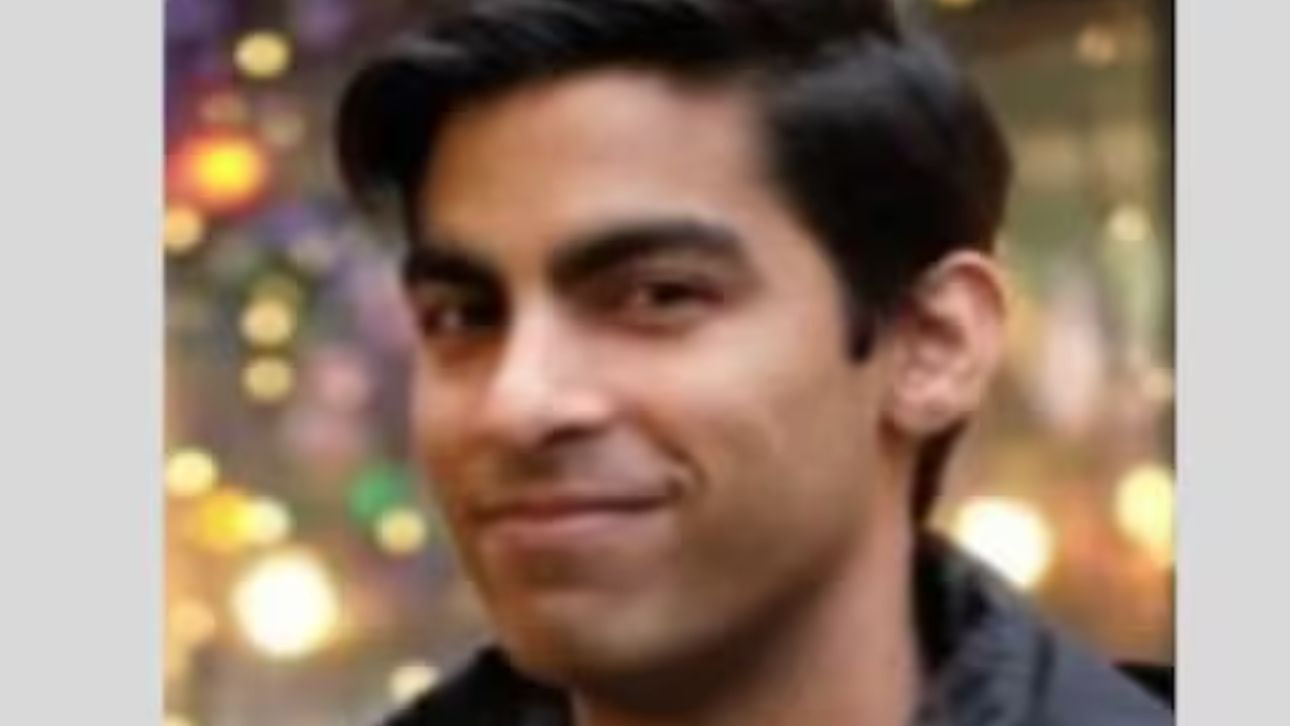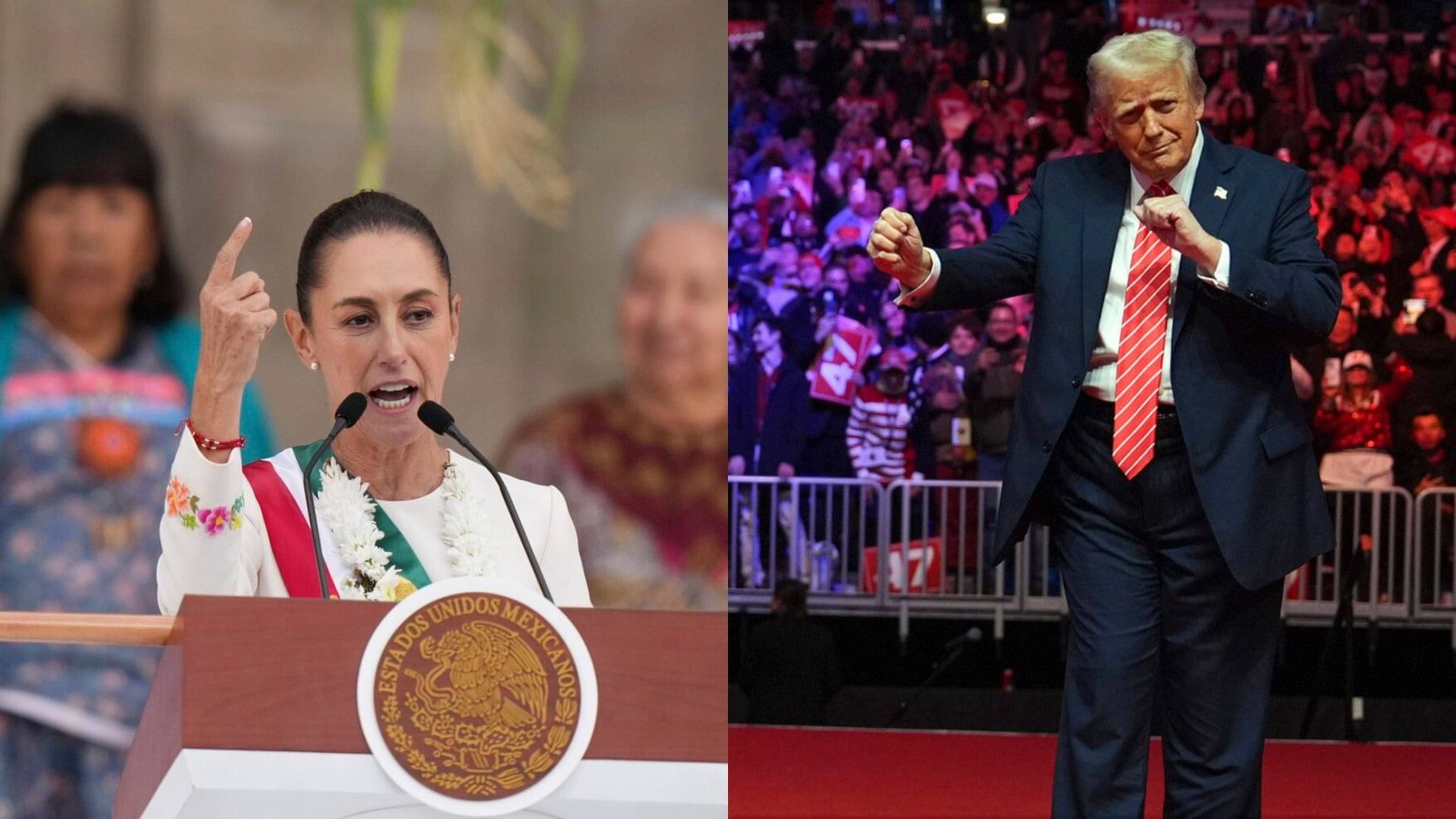Tahawwur Hussain Rana, a Canadian national of Pakistani origin and one of the key figures implicated in the 2008 Mumbai terror attacks, may soon be extradited to India for trial. According to reports, diplomatic efforts are underway to facilitate Rana’s handover to Indian authorities.
Rana, who was involved in the planning and logistics of the attacks that claimed the lives of over 166 people, had been fighting his extradition for years. In November 2024, he lost a legal battle in both lower courts and the US Court of Appeals for the Ninth Circuit in San Francisco, which rejected his claims to avoid being sent to India. Despite the setback, Rana took his case to the US Supreme Court, filing a “petition for a writ of certiorari” to have the decision reviewed.
Here is what you need to know
In his petition, Rana argued that he had already been tried and acquitted by a federal court in Chicago, where he faced charges related to the 26/11 attacks. He contended that the same actions were being used against him in India, where authorities seek to prosecute him for similar charges.
“India now seeks to extradite him for trial on charges based on the identical conduct at issue in the Chicago case,” Rana’s petition stated.
US government has asked the Supreme Court to reject his petition
However, in December 2024, the United States government urged the Supreme Court to reject Rana’s petition, asserting that his extradition to India should proceed. US Solicitor General Elizabeth B. Prelogar argued that some of the charges India wishes to pursue, such as those related to forgery, were not covered by the case prosecuted in the United States. “For example, India’s forgery charges are based in part on conduct that was not charged in the United States: petitioner’s use of false information in an application to formally open a branch office of the Immigration Law Centre submitted to the Reserve Bank of India,” she explained.
The US Supreme Court has yet to make a ruling on the matter, but an August 2024 decision from a US court had already determined that Rana could be extradited to India. This ruling upheld the decision to reject Rana’s habeas corpus petition and confirmed that he can be extradited under the US-India Extradition Treaty.
Rana’s potential extradition is a significant step forward in the ongoing pursuit of justice for the victims of the 26/11 attacks. The attacks, carried out by a group of Pakistani terrorists, targeted several locations across Mumbai, including the CST, Taj Mahal Palace Hotel, Oberoi Trident, and Nariman House, resulting in widespread destruction and loss of life.
India has long sought to bring Rana and other accused perpetrators to trial, and his extradition would mark an important moment in the international fight against terrorism.
Mumbai Terror Suspect Tahawwur Rana Faces Extradition to India world-news World News | Latest International News | Global World News | World Breaking Headlines Today




